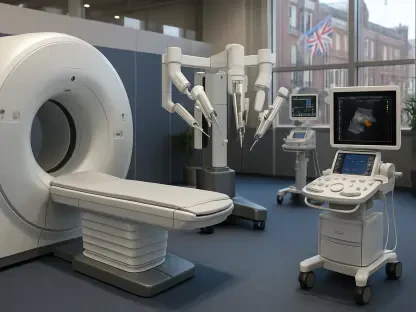In the digital era, the healthcare industry faces mounting pressures to protect patient data against breaches and fraud. Healthcare compliance regulations stand as guardians of confidentiality, ensuring patients’ private information is respected and safeguarded. These regulations are not just recommendations but cornerstones of ethical healthcare practice, ensuring that trust and integrity in the system remain unbroken as new threats emerge.
The Importance of Patient Privacy Protection
HIPAA and other similar regulations enforce a strict code for handling patient data. Non-compliance carries heavy penalties, underscoring the gravity of the responsibility that healthcare entities have. As cyber threats evolve, so do the regulations, ensuring that patient data remains secure against a backdrop of ever-changing technological threats.
Upholding Quality Assurance in Healthcare
Compliance regulations are the backbone of quality in healthcare, setting standards and minimizing errors and malpractice. They maintain a standard for healthcare provision, ensuring ongoing improvement and instilling patient confidence in the quality and integrity of their care.
Combating Fraud in the Healthcare Industry
Laws such as the Anti-Kickback Statutes and Stark Law are pivotal in curtailing healthcare fraud. They protect financial resources and ensure that patient care decisions are made based on medical need, not financial gain, fostering an environment where ethical conduct is paramount.
Ensuring Data Security Amidst Technological Advances
The HITECH Act and the 21st Century Cures Act reinforce the protection of electronic health records in an advancing healthcare landscape. These laws evolve with technological progress, ensuring that patient data remains safeguarded against emergent cyber threats.
The Global Reach of Healthcare Data Protection Regulations
In an interconnected world, U.S. healthcare organizations must navigate international regulations like GDPR and CCPA. This global perspective on data protection emphasizes transparency and upholds patient rights, requiring providers to operate within a globally conscious data privacy framework.
Strengthening Compliance with Security Frameworks
Security frameworks and regulations guide healthcare organizations in safeguarding patient information. HITRUST, the Information Blocking Rule, and the CMS Interoperability and Patient Access Final Rule enforce compliance through rigorous risk analyses and accountability, fostering resilient defense mechanisms against security threats.
Tools That Aid in Compliance and Data Management
BigID exemplifies advanced tools that assist in healthcare data governance. Leveraging AI, this platform aids in identifying, classifying, and reducing risks associated with sensitive data, evolving with the regulatory landscape to ensure efficient and secure data management.
The Interplay of Regulatory Compliance with Emerging Technologies
As healthcare adopts technologies like AI and cloud computing, it also must adhere to stringent data protection regulations. Tools like BigID underscore the necessity for compliance to be in step with innovation, ensuring data security is maintained in the face of ongoing technological advancement. This is crucial for managing patient information responsibly, affirming the indispensable role of such tools in the future of healthcare IT.









